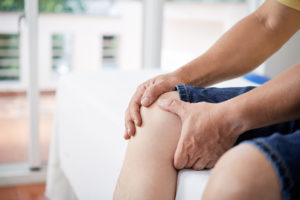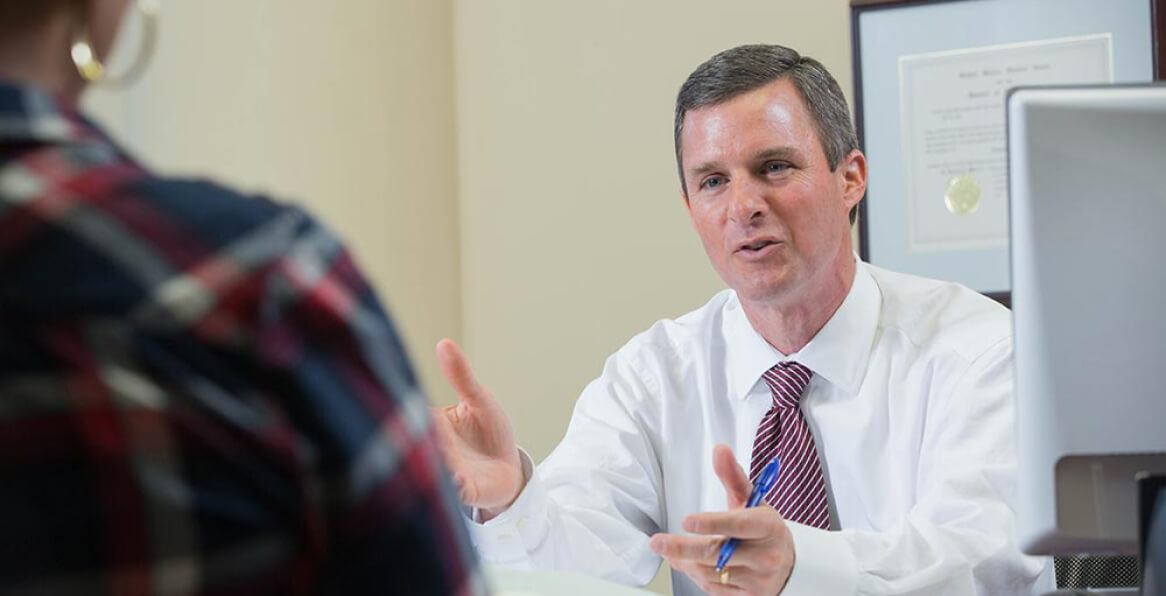
Premises Liability Attorney
New Jersey Premises Liability Attorney

Understanding the Relationship Between Landowner and Visitors
To better understand who is to blame when it comes to being injured on someone else’s property, you need to understand more about New Jersey law and what kinds of visitors there may be on another person’s property. As a New Jersey premises liability attorney can attest, there are usually three categories of relationships you will see between the landowner and the visitor.
- The invitee. This type of relationship occurs when people are welcome to come onto another person’s property either through invitation or when the invitation is implied. You typically see this kind of relationship when someone is going to a business owner’s property (such as a restaurant or a grocery store). This visitor is usually on the other person’s property to purchase items or services. The landowner has the responsibility of not only warning the visitors of any onsite dangers but also conducting routine inspections and keeping the property up-to-date in a safe manner.
- The licensee. The “licensee” is a type of visitor who is on someone else’s property for personal reasons. An example would be someone who is visiting their friend for dinner at their house. The host (or landowner) is expected to give the visitor warning or notice of dangerous areas on the property. The biggest difference between an invitee and a licensee is that the landowner does not need to make routine inspections for upkeep for the licensee.
- The trespasser. When someone trespasses on someone else’s property, the landowner generally has no duty to make dangers known to the trespasser because they were not invited. The landowner must only avoid acting in a way that would intentionally harm them.
While there may be certain exceptions to some of these rules, if you fall into either of the first two categories and you became injured, you will want to seek medical attention and legal help as soon as possible. There are also certain circumstances where, even if you were trespassing on someone else’s property and became injured, you may still have a case for damages.
If you were injured on someone else’s property and are planning to pursue legal action, it is crucial that you contact our trusted New Jersey premises liability attorney from the Law Offices of David A. DiBrigida now.
NJ Premises Liability Attorney FAQ
According to a NJ premises liability attorney, premises liability refers to the legal responsibility of property owners or occupiers to ensure the safety of individuals who enter their premises. When accidents or injuries occur on someone else’s property due to negligence, premises liability laws come into play. If you need help, contact the Law Offices of David A. DiBrigida for help.
What is premises liability?
Premises liability is a legal concept that holds property owners or occupiers accountable for accidents or injuries that occur on their premises. Property owners have a duty to maintain a reasonably safe environment, adequately warn visitors of potential hazards, and take necessary steps to prevent accidents. If they fail to do so and someone gets injured as a result, the injured party may have a valid premises liability claim. This applies not just to landlords or businesses but residential homeowners too.
What types of accidents fall under premises liability?
Premises liability covers a wide range of accidents that can occur on someone else’s property. Common examples include slip and fall accidents, inadequate maintenance leading to injuries, falling objects, insufficient security resulting in assault or robbery, dog bites, swimming pool accidents, and unsafe conditions causing fires or electrocutions. It’s important to note that the specific circumstances and the degree of negligence will determine the viability of a premises liability claim. Consult with a NJ premises liability attorney for more information.
How do I prove negligence in a premises liability case?
To establish negligence in a premises liability case, certain elements need to be proven. These include demonstrating that the property owner or occupier owed a duty of care to the injured party, breached that duty through their negligent actions or inaction, and that breach directly caused the injury. Additionally, it is necessary to show that the injured party suffered damages as a result of the accident or injury. Gathering evidence such as photographs, witness statements, maintenance records, and incident reports can strengthen your premises liability claim.
Can I hold both homeowners and business owners liable for premises liability?
Yes, both homeowners and business owners can be held liable for premises liability. Homeowners have a responsibility to ensure their property is reasonably safe for invited guests or individuals who have a lawful reason to be on the premises; this does not apply to trespassers. Business owners, on the other hand, have a higher duty of care owed to customers or clients who enter their premises. The level of care expected may differ based on the type of property and the relationship between the owner/occupier and the visitor.
What should I do if I’m injured on someone else’s property?
If you sustain an injury on someone else’s property, there are several important steps to take. First, seek immediate medical attention for your injuries. Document the incident by taking photographs of the accident scene and any visible injuries. Report the incident to the property owner or occupier and request a written incident report. Obtain contact information from any witnesses present at the scene. Finally, consult with a liability attorney who can assess your case, guide you through the legal process, and help you seek the compensation you deserve.
Remember, premises liability laws can vary by jurisdiction, so it’s crucial to consult with an experienced attorney who can provide guidance based on the specific laws and regulations applicable to your case. Contact a NJ premises liability attorney at the Law Offices of David A. DiBrigida today.


